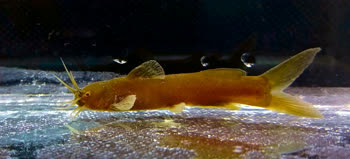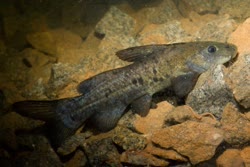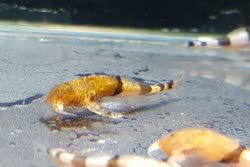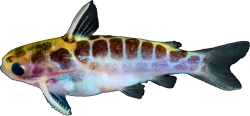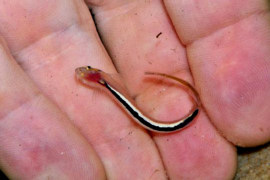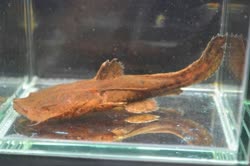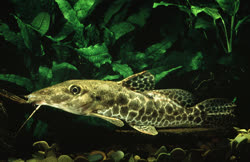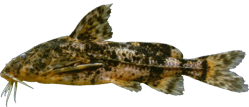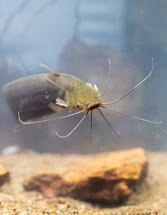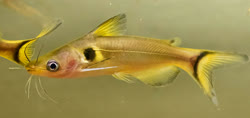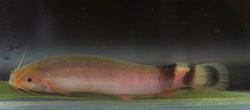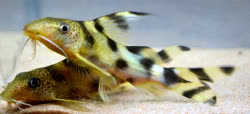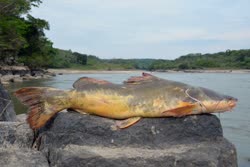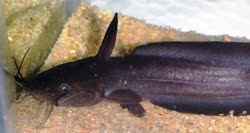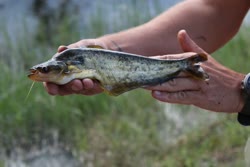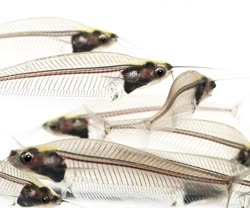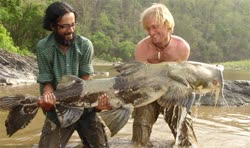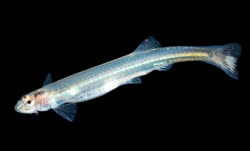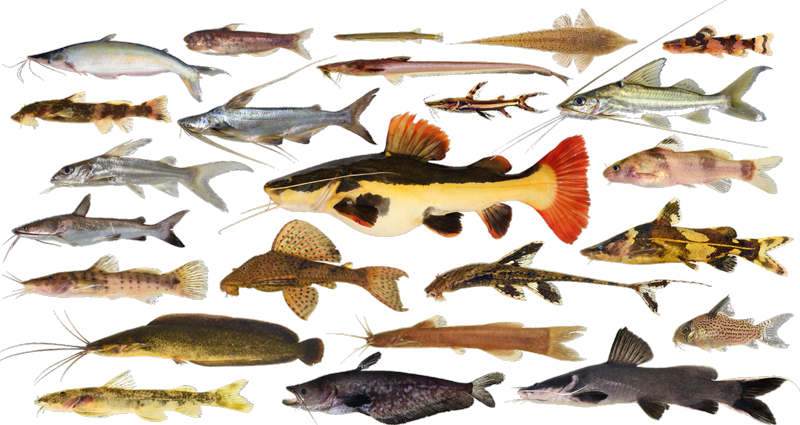
"Catfishes (Teleostei:Siluriformes) comprise a species-rich order with more than 3,800 described species, 478 genera, and 37 families (Armbruster, 2011; Eschmeyer and Fong, 2017). They emerged roughly 150 Mya, and have a worldwide distribution with representatives on all continents, in freshwater and in marine environments (Armbruster, 2011; Lundberg et al., 2000; Rivera-Rivera and Montoya-Burgos, 2017a). It is widely accepted that they form a well-defined monophyletic group within the teleostean clade Ostariophysi (Diogo and Peng, 2010; Fink and Fink, 1981; Greenwood et al., 1966; Lundberg and Baskin, 1969)
This order is divided into three lineages: the Diplomystidae, a small family of Patagonian catfishes; the Loricarioidei, a strictly South American suborder composed of six families of denticulated catfish; and the Siluroidei, a worldwide-distributed suborder containing the remaining 30 catfish families (Armbruster, 2011; Diogo, 2007; Diogo and Peng, 2010; Rivera-Rivera and Montoya-Burgos, 2017a; Sullivan et al., 2006). While the monophyly of each of these three clades is well established, the interfamilial relationships within these lineages are not yet well defined."[1]





